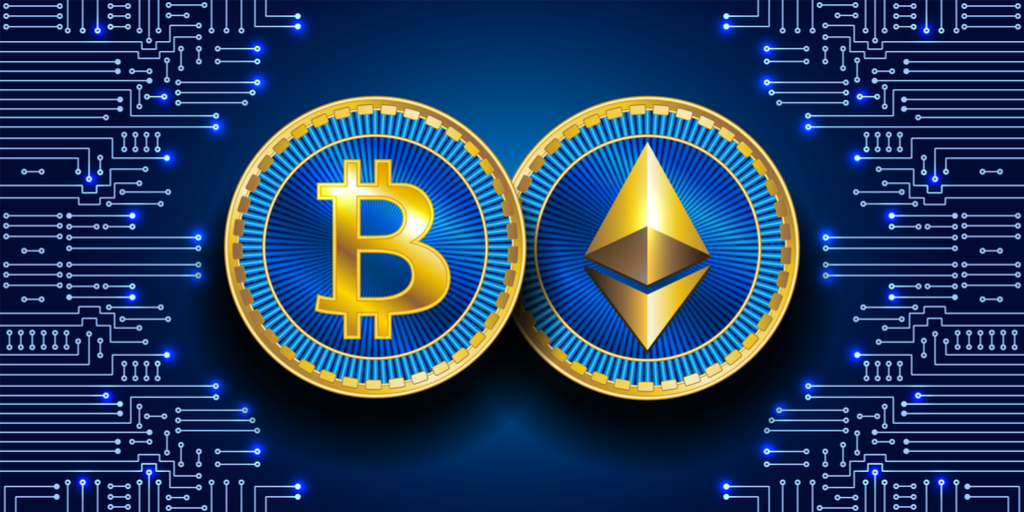Decentralized currency represents a revolutionary shift in the way we view and interact with money, offering an alternative to traditional financial systems controlled by governments and centralized institutions. At its core, decentralized currency is built on blockchain technology, which enables transactions to be conducted directly between individuals without the need for intermediaries such as banks or financial institutions. This system operates on a network of computers, known as nodes, that work together to validate and record transactions in a secure and transparent manner. The decentralized nature of the currency eliminates the risk of central authority manipulation, which often leads to inflation or corruption, thus providing individuals with greater control over their wealth. One of the most significant advantages of decentralized currency is its ability to empower people in regions with unstable financial systems or restrictive banking infrastructure. In many parts of the world, people face barriers to accessing basic banking services, such as high fees, lack of infrastructure, or political instability. Decentralized currencies offer a way for individuals to participate in the global economy without relying on traditional financial institutions.

By using digital wallets and peer-to-peer networks, users can send and receive funds easily and securely, bypassing the need for a bank account or physical currency. This opens up opportunities for financial inclusion, allowing everyone, regardless of location or socio-economic status, to engage in the financial ecosystem. Additionally, decentralized currency provides greater transparency and security. All transactions are recorded on a public ledger, known as the blockchain, which makes it nearly impossible to alter or reverse past transactions. This ensures that all parties involved in a transaction can trust the system, knowing that their funds are safe and secure. Furthermore, because decentralized currencies are not subject to the policies of central banks or governments, they are less vulnerable to economic manipulations such as inflation, currency devaluation, or capital controls. This stability makes them an appealing option for individuals seeking to protect their wealth from the unpredictable nature of traditional financial markets.
Another key benefit of Cryptocurrency news decentralized currencies is their potential for lower transaction fees compared to conventional banking methods. Traditional cross-border transactions often come with high fees, long processing times, and multiple intermediaries. In contrast, decentralized currencies allow for faster and more affordable global transactions, making them an attractive option for businesses and individuals engaged in international trade or remittances. By reducing the reliance on intermediaries, decentralized currencies can streamline financial processes, saving time and money while improving efficiency. In conclusion, decentralized currency is more than just a financial innovation; it represents a pathway to greater financial freedom and empowerment. By removing barriers to access, enhancing security and transparency, and reducing costs, decentralized currencies offer individuals the tools they need to take control of their financial futures. As the adoption of decentralized finance continues to grow, it has the potential to reshape the global economic landscape, creating a more inclusive and efficient system for all.


